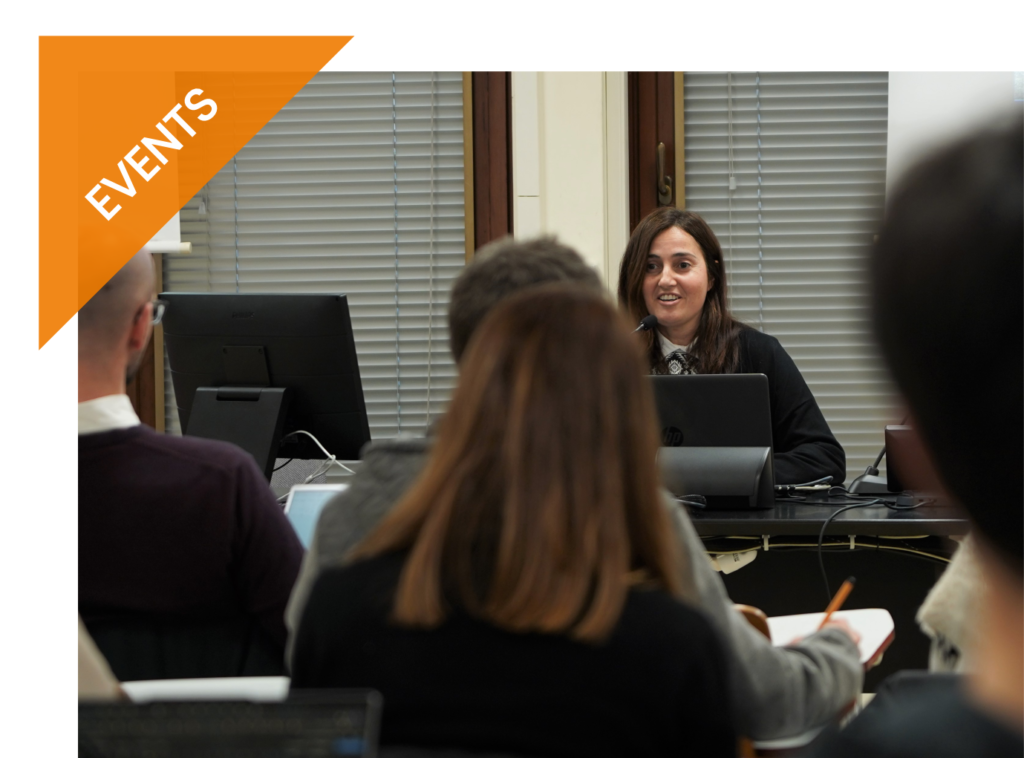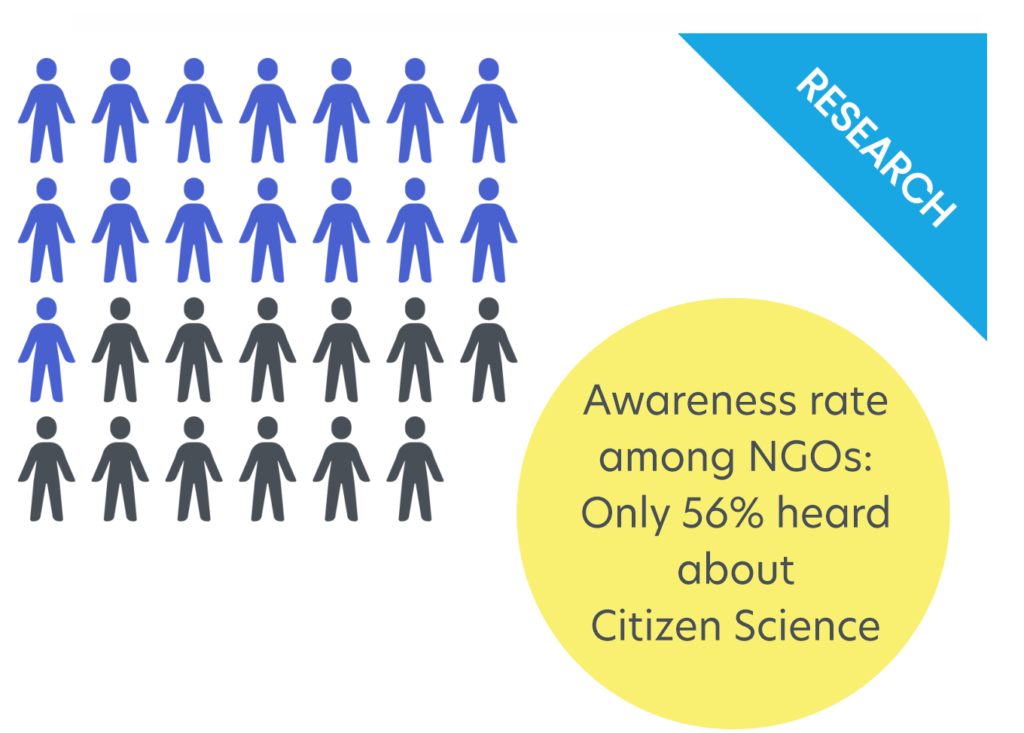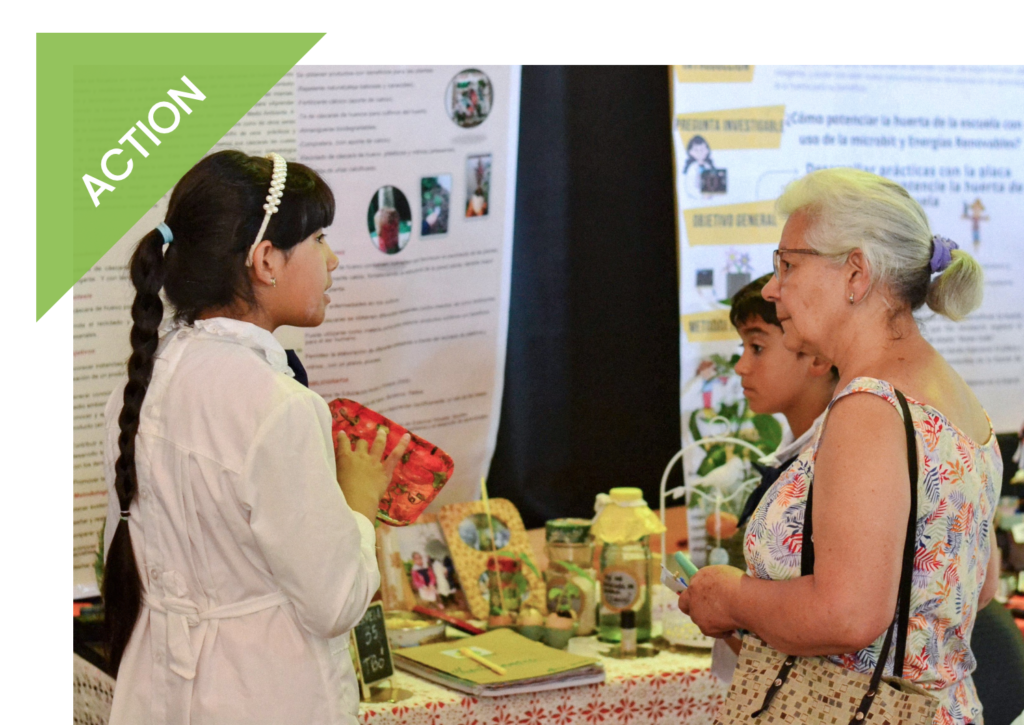March, 2023
March, 2023
ISEED is happy to share its March highlights!
First, we present a workshop “Environment, Energy, Citizens, Communication and Public Participation” that happened at Ca’ Foscari University of Venice (UNIVE) at the end of February. Sponsored by ISEED, the event invited researchers to share their expertise and approaching Environmental Sciences and Emergencies. Second, we highlight Magdalena Roszczyńska’s and Nina Wróblewska’s exploratory study on the technological advancement of citizens and grassroots movements in Poland. Last, you will read about our ongoing survey on Science Clubs across Uruguay and Europe developed by, ISEED partner, the Ministry of Education and Culture of Uruguay (MEC-URU).
Events
Environment, Energy, Citizens Communication and Public Participation

On February 28th, the ISEED-sponsored workshop “Environment, Energy, Citizens Communication and Public Participation” was held at Ca’ Foscari University of Venice in Italy. Researchers Massimiano Bucchi (OBSERVA), Fabiana Zollo (UNIVE) and Ilda Mannino (UNIVIU) shared their expertise on environmental sciences and the climate emergency as a public problem.
The event included three expert presentations and a discussion opportunity to allow researchers and participants to discuss the role of public spaces of communication and deliberation in relation to environmental sciences.
Read and watch a video about these presentations below.
- The OBSERVA Yearbook: Massimiano Bucchi illustrated data from the Science, Technology and Society Observatory of OBSERVA (last month’s ISEED newsletter) to the public of the University. He covered themes such as scientific literacy, exposure to scientific content, and trust in science and scientist, while providing insights into the importance of adapting scientific communication from one audience to another.
- Online debates and data from the QUEST project: Fabiana Zollo talked about the growing polarization around climate change in social media, with an escalation of the activity of skeptical groups since 2016, amplifying dissenting voices. She also shared considerations on the role of experts in public participation through the results of the now concluded QUEST project (Quality and Effectiveness in Science and Technology Communication), inviting participants to check out their own checklist for scientists communicating science to the public.
- The Venice International University: Ilda Mannino presented her research on communication strategies regarding the climate emergency. Mannino flagged among other things, the need for decision-makers and citizen support alongside emergency communication as an essential form of environmental action, and the importance of words and images in communicating danger.
The workshop participants and researchers gathered in three groups to elaborate on what was previously discussed and shared their personal experiences on working within the themes explored.
Research
Innovation on Citizen Participation
On March 12th, the article “Technological Innovations for Citizen Environmental Participation: Case of Poland” was published within the special Issue “Technological and Organizational Innovation for Sustainable Development” in Sustainability 2023. The study was led by ISEED work-package leader Magdalena Roszczyńska-Kurasińska and Nina Wróblewska, from the University of Warsaw (UW).
The exploratory study focuses on the technological advancement of citizens and grassroots movements in Poland. It classifies the technical solutions employed by grassroots movements in managing citizen science projects, as well as social activists’ views towards technology and citizen science as a social innovation technology.
Grassroot movements are organic facilitators of citizen science projects, however, the analysis of these movements in Poland suggests that their full potential in the support of citizen science projects has yet to be reached. Technological solutions employed lack tailoring to the specific needs of citizen science, while the right tools would be key for unlocking participation.

This article is the result of 28 interviews with board representatives, managers, and initiators of social movements and of 65 social movements in Poland. Together with the other case studies’ outputs, it will feed into our discussions with other ISEED researchers to draft the conclusions of our project.
Action
Science Clubs across Uruguay and Europe

The ISEED team of the Ministry of Education and Culture of Uruguay (MEC-URU) is promoting the survey Science Clubs across Uruguay and Europe. Led by Enzo Frissa, the goal is to compare European to Uruguayan outputs of these young people organizations.
MEC’s International Cooperation Directorate team is studying the net of Uruguayan Science Clubs to understand how they generate interest in the co-production of science and knowledge between children and teenagers, as a supplement to the work done at school.
It is thus of interest to compare similar European and Uruguayan programs by measuring the impact on learning, the incentives provided for participation, their capacity to engage young people, and potential to educate them about the benefits of being part of these initiatives.
The work done by MEC-URU feeds into the 4 Case Studies of the ISEED project, aiming to study and experimenting innovative methods of deliberation, to demonstrate how the development of good participatory and deliberative practices, which involve bottom-up co-construction, or the use of scientific knowledge, is key to improving the state of representative democracy. Learn more about the case study aims and Uruguay Science Clubs here.
If you participate or have participated in a Science Club program or if you know about one in Europe, we invite you to complete our survey and help us gather useful information!
Text: Chiara Lovati, Céline Pelletier, Enzo Frissa, Giuseppe Pelkegrini, Magda Roszczyńska and Sarah Santos
Edit: Chiara Lovati, Céline Pelletier, Sarah Santos and Sophia Efstathiou
Last updated: 30/03/2023
Subscribe to the ISEED Newsletter!
Receive recent and relevant topics on Citizen Science every month.


